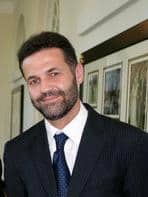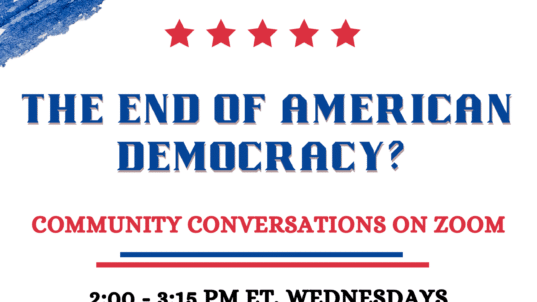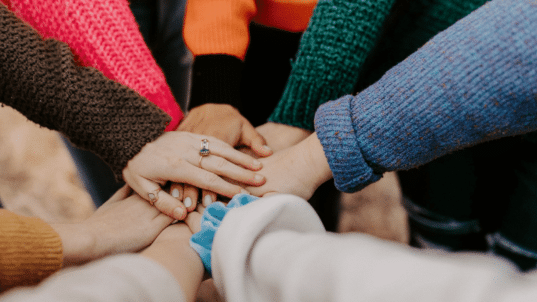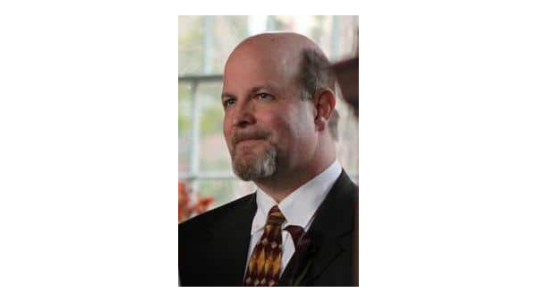
Khaled Hosseini, 2007 public domain
Khaled Hosseini was born in Afghanistan in 1965. He grew up with a privileged background. When he was growing up, Kabul, Afghanistan was a modern city. His father was a diplomat so Khaled spent time in Tehran and Paris growing up.
With the 1980 Soviet Union invasion of Afghanistan, the Hosseini family sought asylum status in the U.S. Khaled didn’t speak any English when he came to the U.S., but eventually he advanced in his education. He completed his MD degree in 1993 and went on to practice medicine for ten years.
As he watched Afghanistan’s struggles from afar, Khaled became more and more distraught. Friends and family were imprisoned or executed. The anguish he faced led to a new career.
He wrote a book called The Kite Runner telling a story of a young boy in Afghanistan over a period of time from the collapse of the monarchy until the fall of the Taliban. Khaled’s novel became a bestselling novel in 2005. He then published two more books also set in Afghanistan.
Khaled became a Goodwill Envoy for the United Nations High Commissioner for Refugees. In this role, he works to provide humanitarian assistance to those whose lives are disrupted by conflicts. When he returned to Afghanistan as a U.N. envoy, he developed the Khaled Hosseini Foundation to provide funds for returning refugees.
Just imagine how those who come to America help us understand the culture of their homelands and the struggles that their countrymen face. Khaled helped us make a personal connection to the people of Afghanistan in a way that nightly newscasts never could. He brought to all of us an understanding of his homeland. Despite the fact that Khaled’s fiction can help us understand another culture, it is also the target for suppression. The Kite Runner is one of the most frequently banned books in America.
* * *
“They say, find a purpose in your life and live it. But, sometimes, it is only after you have lived that you recognize your life had a purpose, and likely one that you never had in mind.”- Khaled Hosseini
This is part of our “Just Imagine” series of occasional posts, inviting you to join us in imagining positive possibilities for a citizen-centered democracy.



